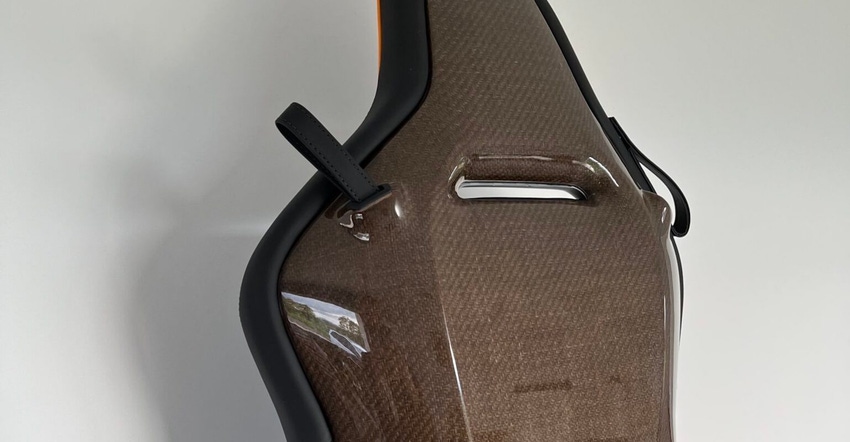Sabelt Puts Sustainability in Driver’s Seat
The flax fields of Belgium and France provide natural fiber reinforcement for seats in high-performance vehicles.
April 27, 2023

“To be in the driving seat” is an idiom well suited to describe Sabelt, the Italian manufacturer of performance car seats used by some of the most well-known automotive brands in the world. The company has recently announced its ongoing work in collaboration with Bcomp, a specialist in sustainable lightweighting solutions. The developments are taking place within the Carbogreen Project, which is part of Sabelt’s environmental mission and is aimed at developing seating systems for sports cars made of renewables or materials with a low environmental impact.
|
Natural fibers like flax can reduce the environmental footprint of components such as car seats. |
The use of natural fibers like flax in the automotive industry is not a new concept, but the trend has been growing in recent years because of the need to reduce carbon emissions and find more sustainable alternatives to non-renewable materials. The Carbogreen Project is an important initiative for Sabelt, aiming to reduce the company’s environmental impact by introducing more sustainable materials in its seats. In collaboration with Bcomp, Sabelt is currently validating the use of flax fibers to make a seat with natural materials. Flax fiber can replace carbon fiber or fiberglass with renewable materials and significantly reduce CO2 emissions without compromising performance.
Exploring the potential of Bcomp’s ampliTex technical natural fiber fabrics, Sabelt has created a prototype performance car seat using resin transfer molding (RTM) processes. The prototype seat was shown at Bcomp’s booth (5A45) during JEC World 2023 in Paris, one of the world’s largest composites trade shows.
Sabelt is also exploring the use of powerRibs reinforcement grid and thermoplastic ampliTex, which are more easily recyclable at the end of the vehicle’s life and help reduce environmental impact from seat production.
About the Author(s)
You May Also Like



.jpg?width=300&auto=webp&quality=80&disable=upscale)


